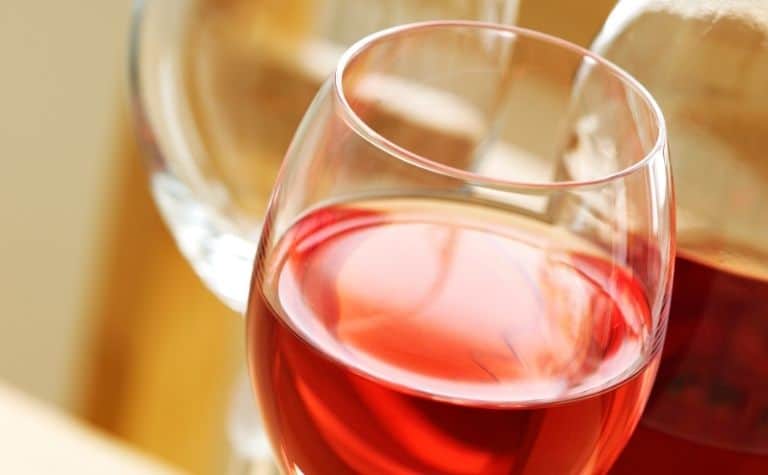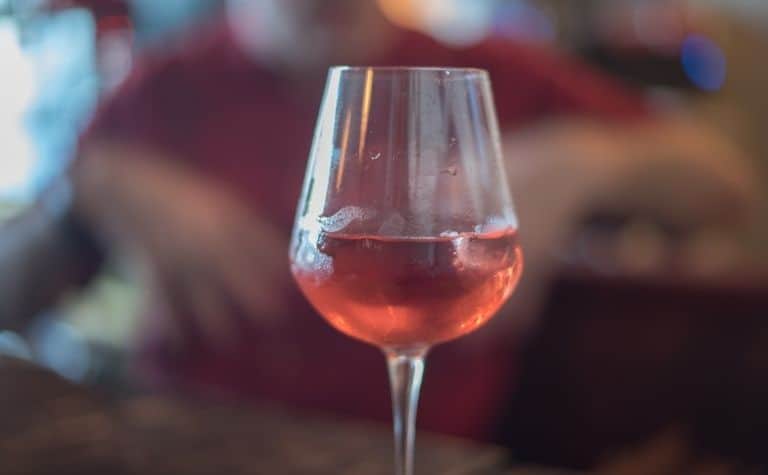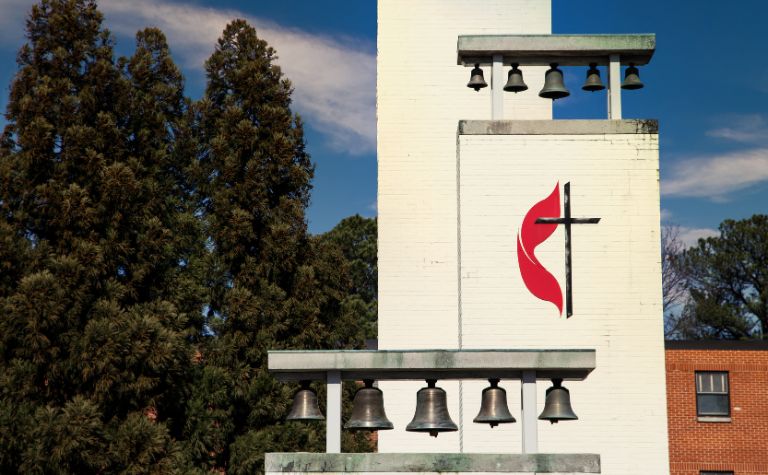The Methodist movement within Protestant Christianity was known in its early years for its member’s rigid discipline and strict moral convictions. The prohibited behaviors included playing card games, dancing at balls, and moderate social drinking. Do Methodists today still abstain from drinking alcohol?
Most Methodists today believe drinking a moderate amount of alcohol in a social setting is permissible, though drunkenness never is. They also think those who drink alcohol must use wisdom and discretion concerning where, when, and with whom they drink.
Do Methodists drink alcohol more or less than other Christians? A new study answers the question. What does the largest Methodists denomination, the United Methodist Church, believe about drinking alcohol? Do Methodist churches serve wine at communion? Keep reading to learn more.

Do Methodists drink alcohol more than other Christians?
Alcohol consumption among Christians, including Methodists, has always been controversial in churches. Some emphasize the positive examples of alcohol in Scripture (e.g., Jesus changing water to wine), and others emphasize the negative aspects (e.g., warnings against drunkenness). (Also see Do Methodists Dance?)
Not all Christians in the past have held the same convictions about drinking alcohol, and it’s unlikely that the future will be any different. (Also see Methodist vs. Anglican: What’s the Difference?)
Lifeway Research recently surveyed alcohol consumption among Christians, including Methodists. [1] In response to the question, “Do you drink alcohol?” Methodists recorded the second-highest amount of affirmative answers:
- Lutherans who said “yes”: 76%
- Methodists who said “yes”: 62%
- Baptists who said “yes”: 33%
- Assemblies of God who said “yes”: 23%
These percentages reflect an increase in Protestant Christians who believe moderate alcohol consumption is biblically permissible. In a 2007 survey, Lifeway discovered that 29% of Protestants believed the Bible teaches Christians never to drink alcohol. In 2017, that number lowered to 23%.
In response to the survey’s other questions:
- 8% of Methodists affirmed the statement: “Scripture indicates that people should never drink alcohol.”
- 69% of Methodists affirmed the statement: “Scripture indicates that people should never get drunk.”
- 38% of Methodists affirmed the statement: “When a Christian partakes of alcohol in a social setting, they could cause other believers to stumble or be confused.”
The rising percentage of Methodists who believe moderate alcohol consumption is morally permissible signals a departure from others in their tradition’s history. (Also see Methodist vs. Lutheran: What’s the Difference?)
While Lutherans still lead Methodists among Protestants in affirmatively answering the question about drinking, the tradition of Martin Luther doesn’t have a historical pattern of abstinence: “The shifting attitudes toward alcohol were most dramatic among the people called Methodist — once among the nation’s most prominent champions of temperance and later Prohibition. The survey found only Lutherans exceeded Methodists as acknowledged drinkers, with 76 percent saying they imbibe. However, Lutherans — whose founder Martin Luther famously enjoyed beer — never had a teetotaling tradition.” [2]

Do United Methodists Drink Alcohol?
Researchers assume that many Methodists mentioned in the Lifeway study belong to the largest denomination (by far) in the tradition: the United Methodist Church. (Also see Methodist vs. Pentecostal: What’s the Difference?)
The rising number of Methodists who drink alcohol moderately may be due to the UMC’s stance on the matter, which can be described as cautious permissibility along with wisdom and sensitivity to a person’s Christian witness.
The UMC encourages members to consider the benefits of complete abstinence: “We do not prohibit our members from [drinking alcohol] so responsibly ‘with deliberate and intentional restraint.’ However, The United Methodist Church has long believed that abstinence from alcohol and other drugs witnesses to “God’s liberating and redeeming love” and is part of living into the life God has prepared for us. We start there. We start with abstinence as faithful witness and as norm for guiding our behavior.” [3]
The wisdom of abstinence applies to the individual who will avoid problems associated with drinking, but it’s also an effective way to love other people: “The question that matters most to us is how we love our neighbors who encounter the devastating effects alcohol often has on their own lives, the lives of those they love, and the wider societies in which we live.” [3]
Furthermore, the UMC is devoted to helping people with alcohol problems and believes that its members should be sensitive to such challenges when it comes to deciding to drink: “We do not simply call for prohibition or limit our approach to our own personal choices. Rather, we pledge ourselves to be proactive in addressing issues that lead to the abuse of alcohol and other drugs. We are called to be involved in the effective and compassionate treatment of those affected by abuse or addiction. We are called to be in ministry with all people who may be adversely affected by the abuse of alcohol.” [3]
The UMC has ministries that help prevent alcohol abuse, including encouraging the creation and execution of laws that limit its distribution. It has ministries that offer affordable treatment options for those with alcohol problems. “May United Methodists drink alcohol? Yes. But it’s not enough to ask whether we can drink alcohol or not. Ask us instead what we’re doing to show our love for God and every neighbor whom alcohol may adversely affect.” [3]

Do Methodists Serve Wine at Communion?
Christians have served wine at communion since the time of Jesus Christ. Many denominations and churches have not departed from that practice for theological and practical reasons. Some traditions, like most Methodist denominations and churches, have implemented the common alternative, grape juice. (Also see The Methodist Symbol: 5 Interesting Facts)
In the 19th century, many denominations, including Methodist ones, abandoned using wine at communion because of the dangers associated with alcohol consumption.
Today, most Methodist churches serve grape juice at communion for several reasons, including sensitivity to those who have had problems with alcohol:
“Although the historic and ecumenical Christian practice has been to use wine, the use of unfermented grape juice by The United Methodist Church and its predecessors since the late nineteenth century expresses pastoral concern for recovering alcoholics, enables the participation of children and youth, and supports the church’s witness of abstinence.” [4]
References:
[1] Source
[2] Source
[3] Source
[4] Source
Related Questions
Methodism is a prominent branch of Protestant Christianity that dates to the mid-18th century. Pentecostalism is a movement within Protestantism that originated in the early 20th century. What's the...
Methodism and Lutheranism are two of the most influential Protestant Christian denominations. Many of their core beliefs are the same, yet they also have critical theological...
